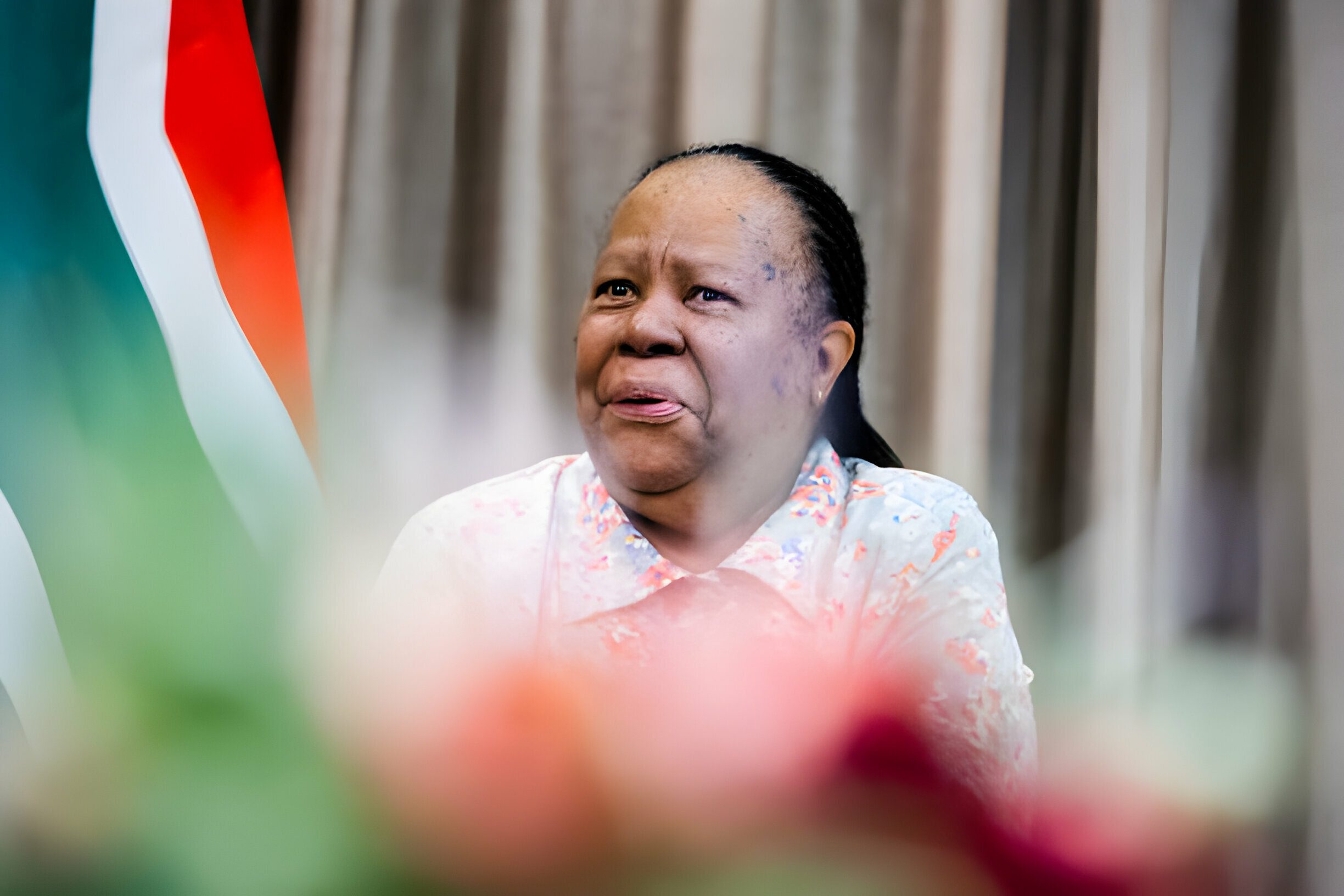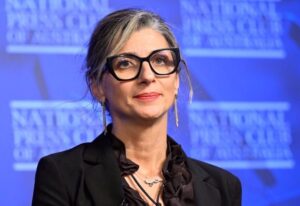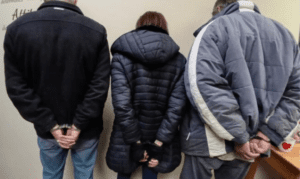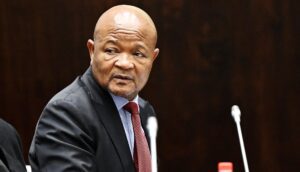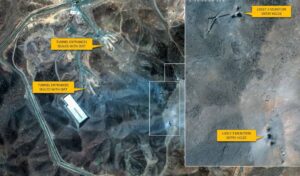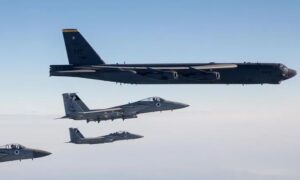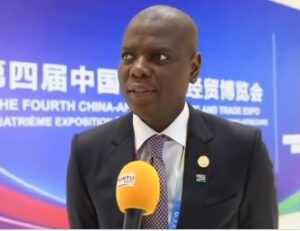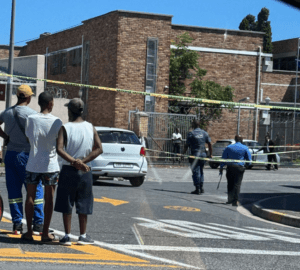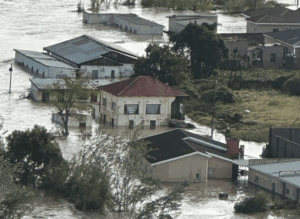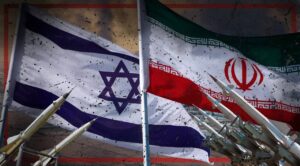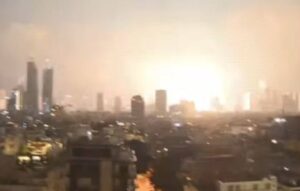Minister Naledi Pandor’s recent visit to the International Criminal Court (ICC) headquarters was underpinned by a crucial agenda: to question the ICC’s Chief Prosecutor Karim Khan about the apparent disparity in the court’s treatment of global leaders. Notably, the issuance of an arrest warrant against Russian President Vladimir Putin, as opposed to Israeli Prime Minister Benjamin Netanyahu, was at the heart of the inquiry.
A Plea for Equitable Justice
Pandor’s dialogue with ICC officials was not just a routine check-in. It was a strategic effort to understand the progress of a significant referral made by South Africa. This referral, aimed at initiating an investigation into alleged war crimes by Netanyahu and his government, reflects South Africa’s commitment to justice and accountability on the global stage.
An Unanswered Query
During her press briefing in Pretoria, Pandor shared her dissatisfaction with the lack of a definitive answer from Prosecutor Khan. Despite her straightforward question regarding the disparate issuance of arrest warrants, the response was seen as lacking. This moment of non-response highlights a broader concern about transparency and consistency in the ICC’s decision-making processes.
“What I felt he did not answer me sufficiently on was, I asked him ‘why was he able to issue an arrest warrant for Mr Putin and is unable to do so for the Prime Minister of Israel’. He could not answer and did not answer that question. But I read into what he said that the investigations are still under way and until their conclusion, he cannot pronounce on this matter,” Pandor remarked.
Persistence for Resolution
Despite the hurdles, Pandor’s resolve remains strong. Her insistence on revisiting the matter with the ICC signals South Africa’s determination to see through its referral to a conclusive end. This stance not only underscores the country’s dedication to international justice but also poses critical questions about the criteria and mechanisms guiding ICC’s prosecutorial decisions.
A Longstanding Investigation
Khan’s revelation of a three-year-long investigation into Gaza’s situation, coupled with his personal experiences at the Rafa border crossing, adds another layer to the complex narrative of international legal proceedings. These developments illustrate the challenges faced by the ICC in accessing conflict zones and gathering the necessary evidence to proceed with prosecutions.
Conclusion
Through its engagement with the ICC, South Africa is navigating the intricate landscape of international law, seeking to ensure that justice is served without bias. This journey reflects the broader challenges of the international community in addressing and rectifying global injustices, a task that remains paramount for the ICC and its member states.

